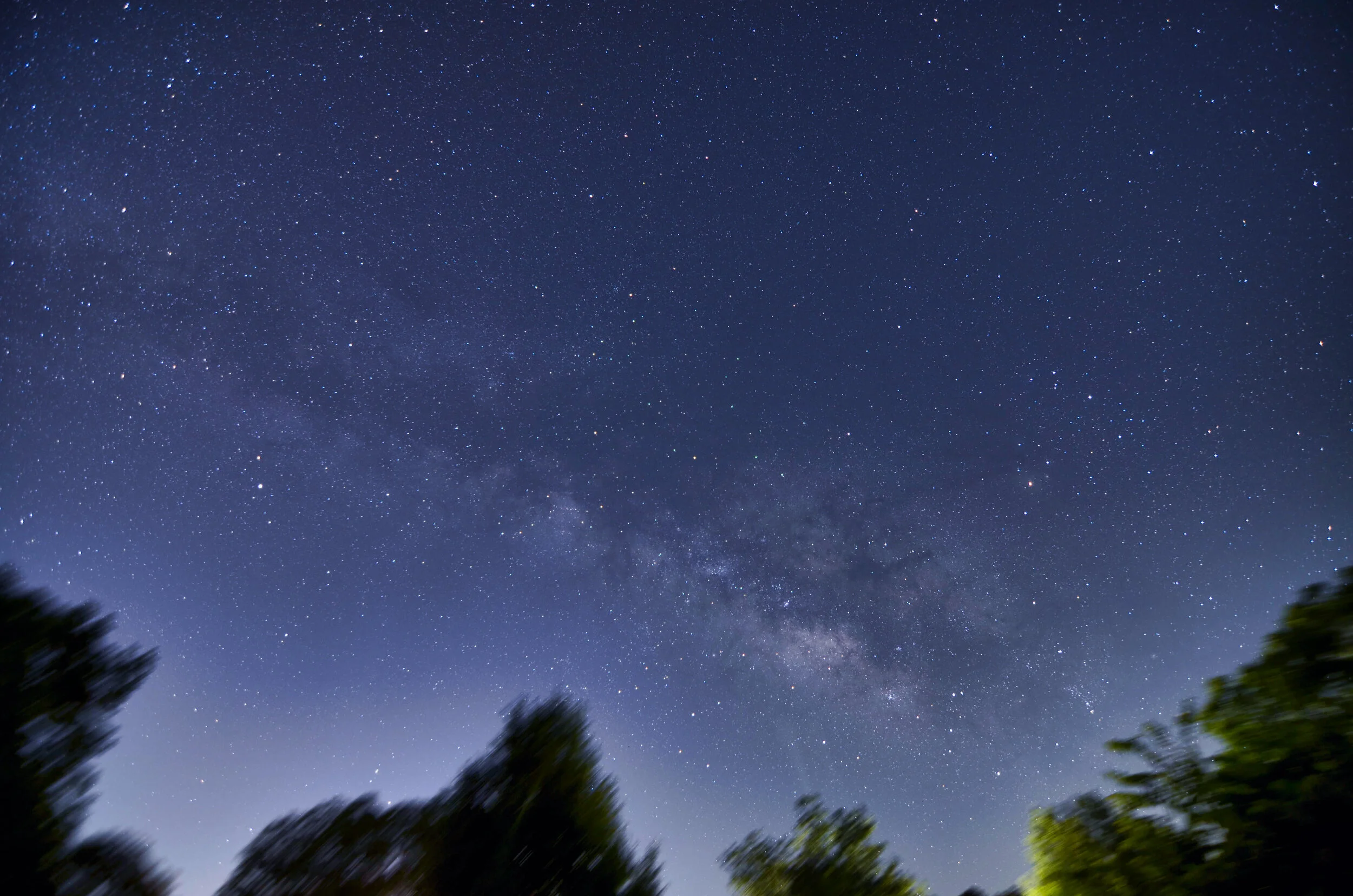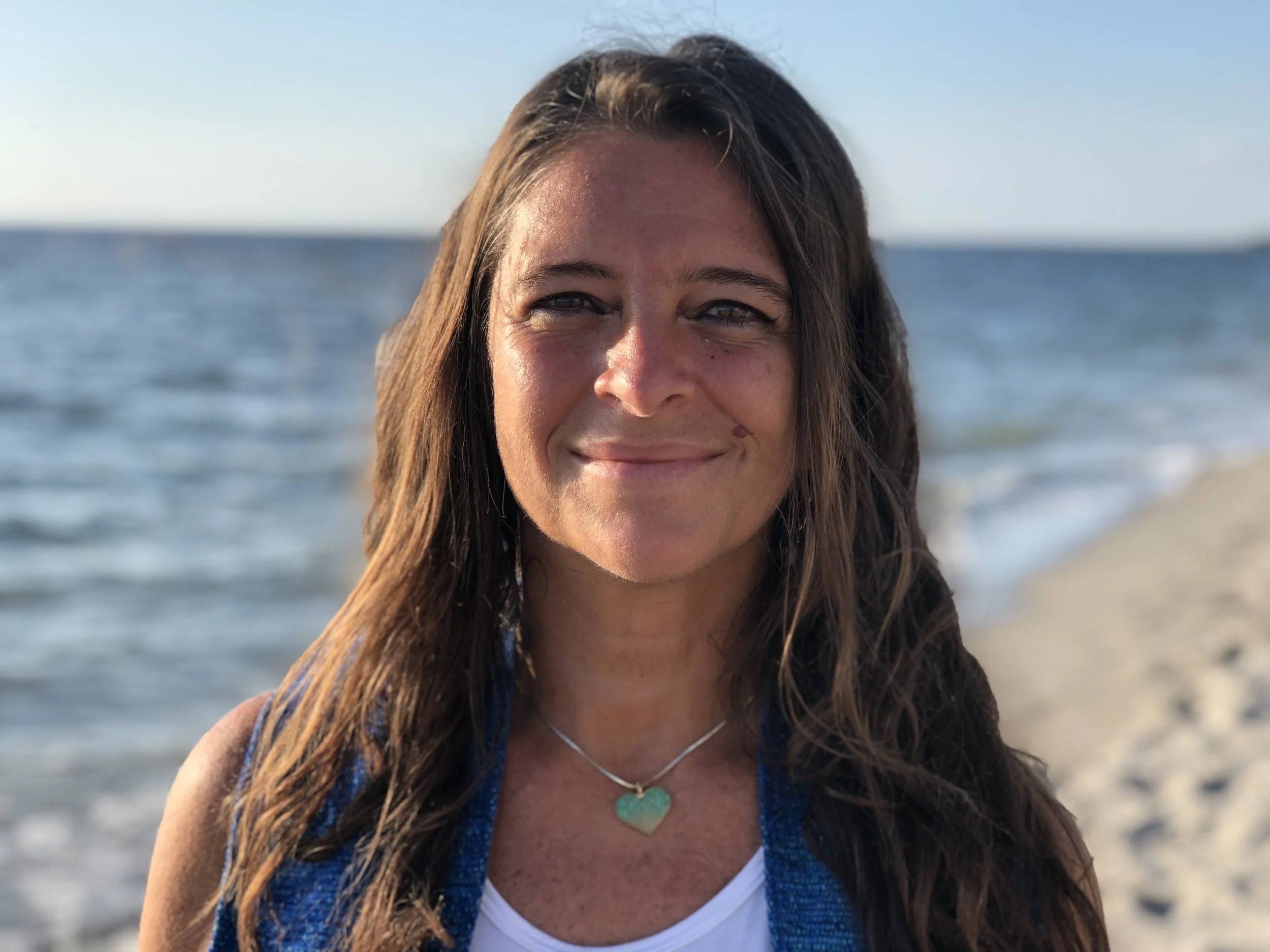Reclaiming Blackness: the Treasures of Darkness (Rev. Kwame Pitts)
Cover image: “the birds” by Theophilos Papadopoulos, Flckr Creative Commons license, Dec. 30, b 2009, Mikron Khorion, Greece
28 Summon your might, O God;
show your strength, O God, as you have done for us before.
29 Because of your temple at Jerusalem
kings bear gifts to you.
30 Rebuke the wild animals that live among the reeds,
the herd of bulls with the calves of the peoples.
Trample under foot those who lust after tribute;
scatter the peoples who delight in war.
31 Let bronze be brought from Egypt;
let Ethiopia hasten to stretch out its hands to God.
32 Sing to God, O kingdoms of the earth;
sing praises to the Lord, Selah
The Curse of Ham has damaged the lens of humanity as to how the global community sees persons of the African Diaspora. To deny that the birthplace of civilization and the connectedness of humankind was nestled in what is now known as Africa, therefore then invalidates the importance of an ancient human civilization that birthed and contributed everything from social structures to economic initiatives that are still a part of the makeup of our global society today.
The miseducation of humanity surrounding Africa was because peoples of the African Diaspora practiced and were multi faith, and immersed in different types of spirituality that, I dare say, were more authentic, especially when it comes to Christianity. We see this in modern day Christianity based in Ethiopia: ritual, praying—and then that action piece that is sorely missing in Westernized Christianity.
The fear about the continent is that people of the African Diaspora understand what it means to emulate the divine harmony that the Creator has always expected for humanity to incorporate into their daily lives. They saw the humanity and the divinity in one another—even in spite of their failings, chaos and faults that occurred in the brokenness of relationships. Somehow, there was always the push for some type of reconciliation and restoration even if it was not perfect. For my context, reclaiming the word “Blackness” as it occurs in Christianity then means that Blackness was created with the same unconditional love and empowerment as any other culture or language in Creation.
Creation itself, was born in the sacredness of the womb of the Creator and that was nestled in Blackness—a safe, encouraged darkness surrounded by water. There is a whole ecosystem that thrives in the beauty of the night, in darkness, in Blackness, that is just as important as the ecosystem of the everyday.
We have been taught to fear darkness, Blackness whether it is in creation or on skin. We ignore the power of the moon, the comfort of rest at night when we are supposed to practice self care, and the fact that night time is when the Creator speaks to us: through dreams and through the song of many animals. We have been taught, incorrectly, that Blackness and darkness in Scripture equals death; but we forget in the still of the night, this is when Jesus came to us, celebrated by moonlight and fire light. We see different skin tones and we immediately are suspicious and judgmental—and do not follow Christ’s commandment of loving one another as God loves all of us. We weaponize God’s word and do harm to Creation and to those, like myself who share a culture and lineage and ancestry of the African Diaspora. Then we wonder why people reject Christianity and we do not question or fight back and fight for liberation from the Empire who has infiltrated our sacred spaces and co-opted Christianity until it is a warped version of what Christ is and what His presence means for all of humanity.
The Reverend Kwame Pitts
#TreasuresofDarkness, Day 3:
Psalm 68:31 and the stirrings of Revolution
Trybal Pastor (blog) Feb 3, 2017
“Black was an emotionally partisan color, the handmaid and symbol of baseness and evil, a sign of danger and repulsion. Embedded in the concept of blackness, was its direct opposite-whiteness…White and black connoted purity and filthiness, virginity and sin, virtue and baseness, beauty and ugliness, beneficence and evil, God and the devil….Blackness not only had a distinctive negative connotation but also was personalized as the devil.” From Yorbua Traditions and African American Religious Nationalism, Dr. Tracey E. Hucks
“The missionaries who introduced the gospel to Africa in the past 200 years did not bring God to our continent. Instead, God brought them. They proclaimed the name Jesus Christ. But they used the names of the God who was and is already known by African peoples: such as Mungu, Ngai, Olodumare, Asis and thousands more. These were not empty names. They were names of the one and the same God.” Dr. John Mbiti, as quoted by Dr. Peter Paris from The Spirituality of African Peoples
One of the issues that I am rooted in my constructive and valid criticism of Westernized Christianity, is the factor that we, as African Peoples of the Diaspora are not religious or spiritual enough and need to be trained and educated in the right way of worship.
That Christianity was exclusive to Western European ideals, because we were obviously uncivilized because we worshiped the Creator in a variety of ways and languages. That we were cursed because of our skin, and therefore anything that we contributed to the global culture should be eradicated and erased.
Even today, when African Descent peoples here in the U.S. worship and celebrate the Creator God, with songs and dancing and drumming it is still seen as barbaric. When we venerate our Ancestors, it is seen as demonic. And yet, it is through the African Diaspora communities that the communications both ancient, sacred and now, sacred are still being utilized. That many peoples, for that matter of different cultures who have been oppressed and marginalized because of whom they are and that they did not fit the “accepted norm” of whiteness, also have a deeper connection to the Creator because of these rituals and traditions.
“The principle that holds all of these beings together is harmony. Every being, divine and human, is responsible for the nurturing harmony within and between the various levels of created existence and hence with the Great High God. The manifestation of disharmony is considered evil, and not reflective of the Great High God.” Dr. Peter Paris.
In other words, peoples of the African Diaspora, since we were birthed into Creation, have held fast to the practical and ethical obligations both to ourselves as Tribes of peoples, to Creation and to the Creator.
Here below, is my original post and contribution towards the #TreasuresofDarkness African Descent History Devotional.
Ache’.
Amen.
The Revolution has always been birthed in the bosom of Africa
Curiously enough,
by scholars and theologians alike,
Psalm 68 has been difficult to analyze and decipher
Also,
Interestingly
Psalm 68, verse 31
Has routinely been ignored or not included
in much of the lectionary-
Sometimes it is everything BUT
Verse 31.
Let bronze be brought from Egypt;
let Ethiopia hasten to stretch out its hands to God.
Papa Legba, Protector of the Crossroads; a presence for an exile and enslaved Peoples; a presence for Revolution
Rather interesting that the word “bronze” has been substituted for the Hebrew חַשְׁמַנִּים
which means ambassador, envoy
And in other places, the definition has been translated into nobles, Princes and even red cloth.
Curious about how items such as red cloth, bronze and other interpretations came to be, to describe one of the mighty civilizations of the world-or perhaps, it was only the material and the profitable that mattered on describing places in Africa-
because the Peoples of Africa,
were never seen as vital
or important
Or even, related to the colonizing white/European
as even human.
There are two key interpretations. One, cultivated by white abolitionists and subsequently used by Europeans who embark upon an African “civilizing mission”, holds that it is they — white/Europeans — who are God’s children. Hence, it is white/Europeans to whom Ethiopia is stretching for her hands for deliverance from slavery and primitivism. The other, cultivated by the enslaved and their downpressed descendants, holds that the Bible is their story — the “half never told“. Africans will therefore righteously deliver their own selves from bondage. Interpretation of Psalm 68:31
Treasures entrusted to the people of God-Resting place of the Ark?
In the Hebrew, כּ֥וּשׁ
is translated into Cush,
Cush,
Son of Ham,
Cursed for all eternity
This curse passed down to all of his descendants
of being
BLACK,
which because of Ham seeing Noah his father’s most vulnerable moment
Was a sign of disrespect
And the excuse to enslave the entirety of a People.
And yet,
It’s hilarious because this particular Psalm
Speaks of God
FIGHTING
FOR
THE
VULNERABLE
Clearly throughout the Psalm,
God is protecting those who have been abandoned
Abused
And leads out those who have been wrongly imprisoned
By the early part of the 19th century various mystics, poets and preachers begin to proselytize this message in public. Prince Hall, a Barbadian freemason, resident in Boston, proclaims that the Haitian Revolution is prophecy revealed: “Thus doth Ethiopia begin to stretch forth her hand, from a sink of slavery to freedom and equality. Interpretation of Psalm 68:31
The Psalms are songs
Expressing our heartache, our sorrow and our determination
as Beloved of God
Psalm 68:31 then,
Is a Song of Freedom
Because the chosen peoples of God,
in times when humanity pits itself against one another,
In the name of dominance
and greed,
and selfishness
Reach out their arms to the Creator,
Because the Creator indeed,
protects Peoples
counted among the Sacred.
Ase.
Womanist theologian the Rev. Kwame Pitts dances with the both/and: Serving her Call to be a prophetic Witness of the Gospel as a Rostered and Ordained Pastor in the ELCA, causing chaos whether it is through voting rights (#ELCAVOTES) or contemplating how everyone should be visible in the institution of the Church, when the status quo attempts to quell the presence of many voices. (#DecolonizeLutheranism). She is the Pastor of Crossroads Lutheran Church and Campus Pastor for WNY-LuMin Network. When not challenging the institution of Christianity, she has entered the fray of academica once more (STM Candidate, Chicago Theological Seminary) as well as Deepening her ties to her Ancestors and through exploration of ancestral faith and spirituality of the Diaspora. Faith Clergy Activist/Board Member: VOICE-Buffalo, Podcast: Opposite Ends: Two Pastors in Unlikely Spaces Fighting for Justice- A Podcast.








